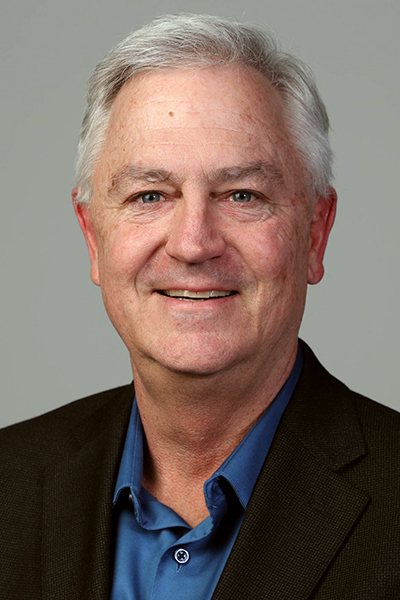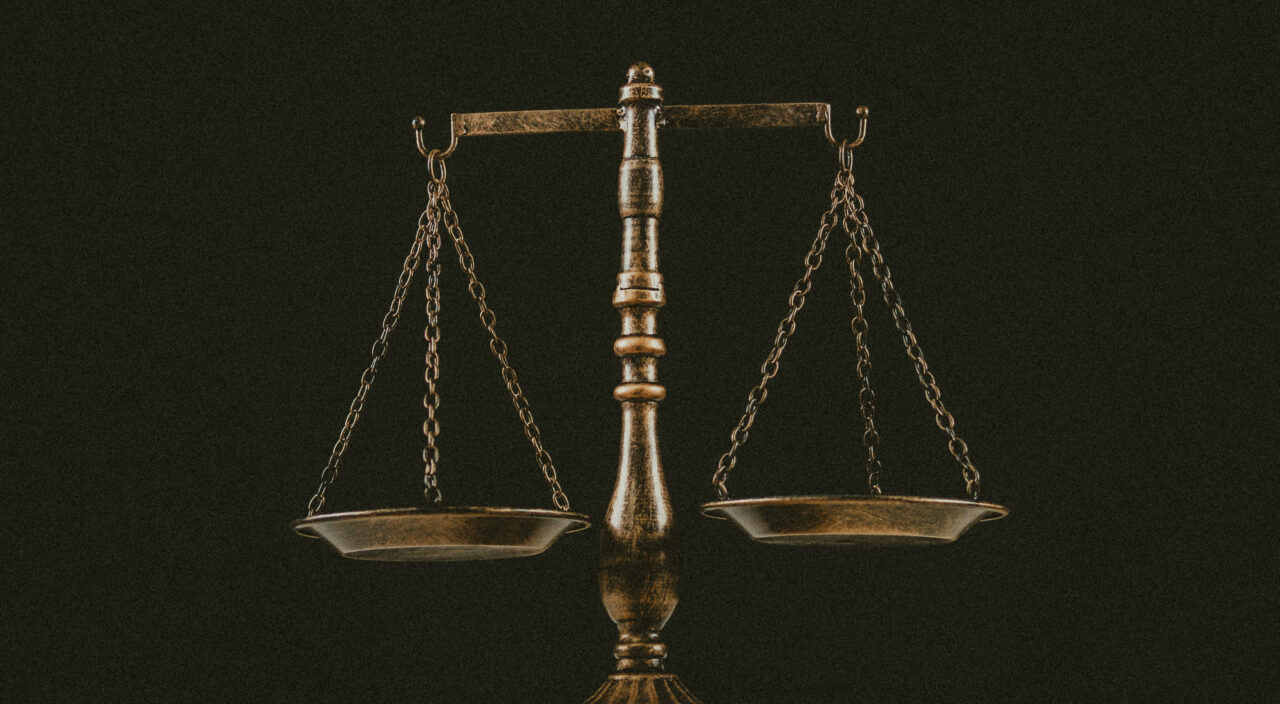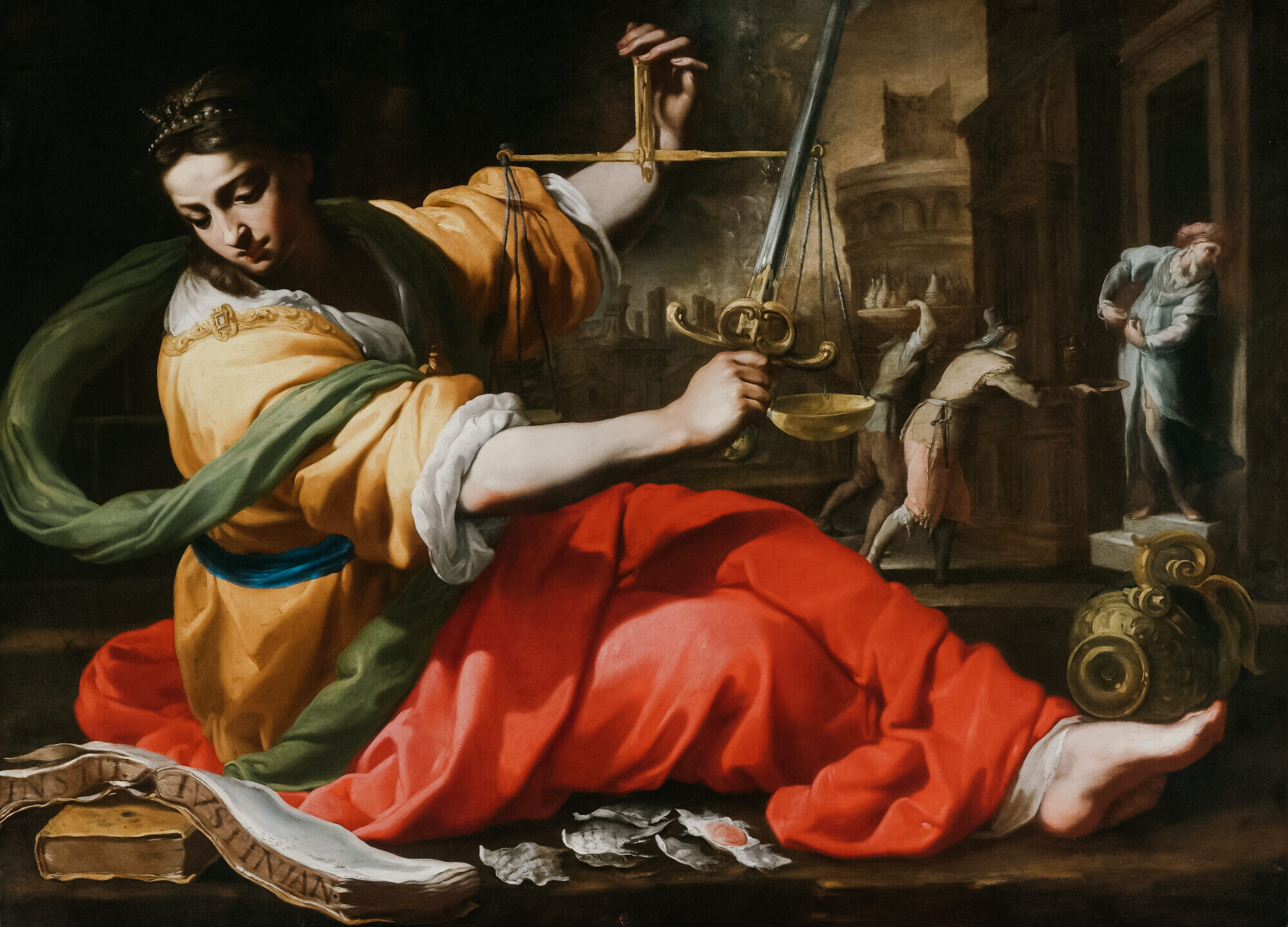
Get to know Dr. Thomas Hibbs, the presenter of the new course, What is Justice?, which launched on June 19, 2023 in the Word on Fire Institute. In our chat, Dr. Hibbs gives some background on his education, faith, hobbies, and what we can expect from his new course.
Please tell us a little about your background.
I was born in Washington, D.C. and grew up in the Maryland suburbs. A cradle Catholic and a first-generation college student, I did not take my education or my faith seriously until I got to college at the University of Maryland, which was—even back in the late 1970s—a pretty secular institution. I had three atheists as professors. They were not mean intellectuals trying to undermine the faith of believers, but conversations with them shook me up and made me realize I didn’t have a clue what I believed. I then had a kind of young adult conversion to the faith in which I had been baptized and began to realize what riches, both old and new, there are in the Catholic tradition. That eventually led me to graduate study at Notre Dame in medieval philosophy.
How does faith inform your work?
The intellectual, liturgical, and artistic heritage of the faith has formed me and how I see the world. In the context of faith, I have received a great gift and privilege of teaching and writing. It has also encouraged me to bring the faith to bear on contemporary issues, such as justice, and to try to rearticulate the wisdom of the tradition in light of those issues.
What is your Institute course about?
The lectures on justice are targeted toward contemporary students who are interested in—and sometimes quite passionate about—justice but who lack a broad vocabulary for talking about it. That deficit afflicts not just students but all of us. We have inherited from our wider culture a set of unhelpful and unhealthy dichotomies: justice without any prospect of mercy, dignity without any sense of its foundations, legalism without the formation of character or the transformation of culture, and diversity without unity.
On all these points, Catholic thought, both old and new, has a great deal to teach us. Take, for example, the opposition between diversity and unity. Galations 3:28 famously teaches that all are one in Christ, but that unity does not erase difference or diversity. Revelation 7:9 describes a vision of a redeemed people from every nation, race, people, and tongue. Just as we have ways of mediating between universal and particular, so too do we have a language and longstanding practices of appreciating difference within unity.
What’s the main idea you hope people will take away from the course?
I hope people take away a sense of the nature and complexity of justice, both in theory and practice. We need a greater sense of the tragic limits to justice. Perfect justice for any grave harm would mean going back in time and making sure that the heinous deed never happened. On the progressive left, there are often demands for immediate absolute justice, while on the right there is a tendency to talk about progress on justice issues as if that meant that nothing more needs to be done or that we had escaped from the tragic history of injustice, particularly on matters of racism.
Admitting limits does not entail that we think everything that can be done has been done or that we ought to be resigned to injustice. On the contrary, it means that the practice of justice needs the support and deepening of a host of other virtues: friendship (both personal and civic), mercy, courage understood as endurance, and a political commitment to the common good, especially as it bears upon what Scripture calls the “least of these.”
What do you like to do in your free time? What are your hobbies?
What free time? That would have been my answer for about twenty years, until two years ago, when I decided to leave administration and return to teaching and writing. Now, even the work part, teaching and writing, feels like leisure. I spend time reading, watching films, traveling, and enjoying the company of friends and family.

You can start Dr. Hibbs’ course What is Justice? now in the Word on Fire Institute.
Members get access to all courses, the community groups, a WOF Digital all-access pass, and the quarterly print journal, Evangelization & Culture with membership.
